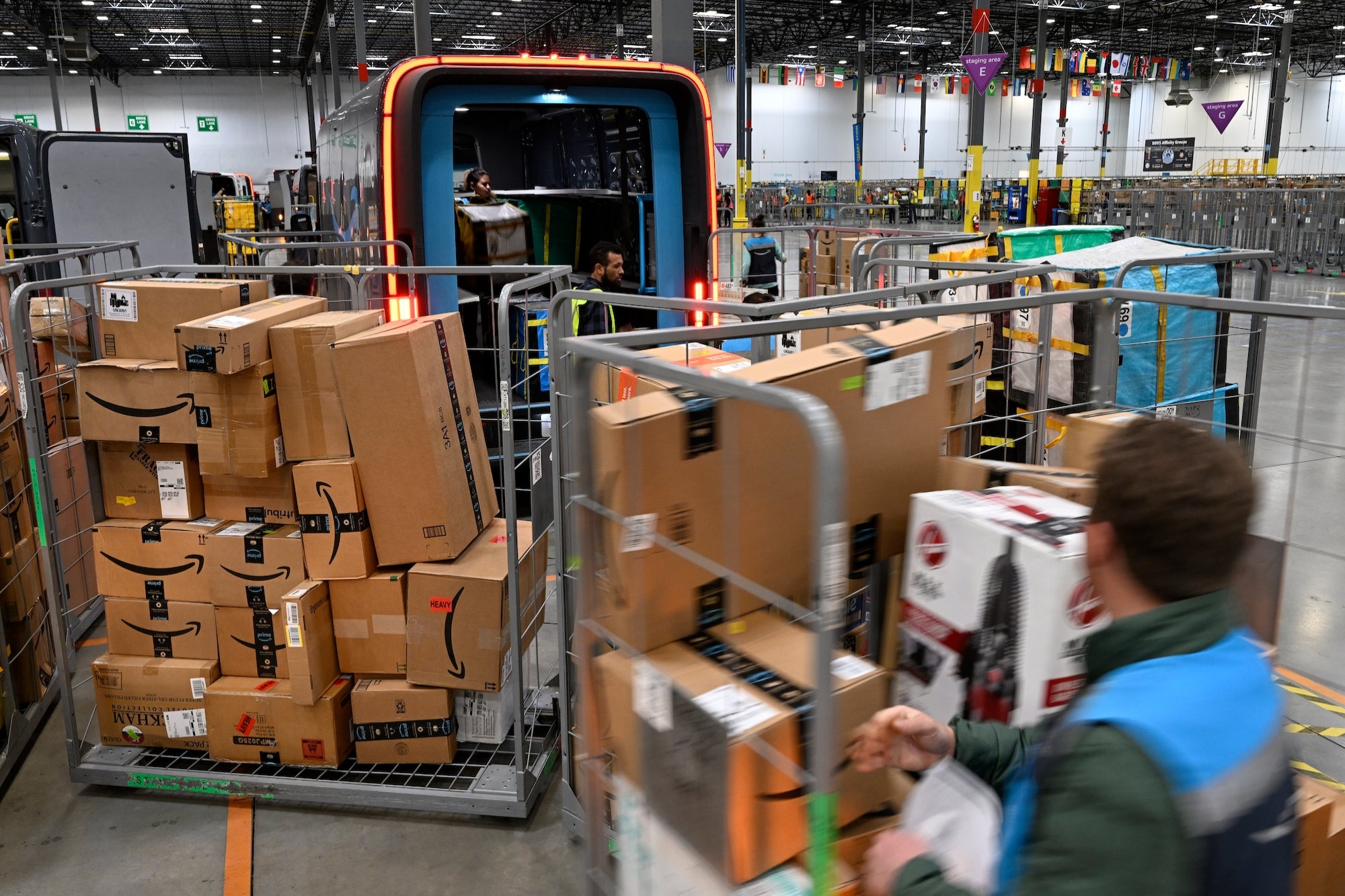'The Story of Stuff' and How Startups are Heeding Its MessageConsumerism may have hit a highpoint in the last several decades, but these days the real opportunity resides in our closets. Here's a look at the rise of resale startups.
Opinions expressed by Entrepreneur contributors are their own.

In the U.S., we live in an age of superabundance. Not of 'stuff,' but of stuffing.
There is more of everything: more denim, more dishware, more designer-dog collars… But in this ever-expanding constellation of options, the notion of 'choice' deteriorates from a basic article of liberty into an acute burden.
Let me explain: Even in the 1970s, when there were far fewer things to buy, George Carlin remarked that "a house is just a place to keep your stuff while you go out and get more stuff." Fast forward to 2013: Houses are full. In fact, they're teeming.
The U.S. self-storage industry has swelled to more than2.3 billion square feet-- standing room for every man, woman and child in the U.S. By landmass, U.S. storage is one of the world's 50 largest countries. For more alarming or disarming information on how much stuff we buy and discard, see theStory of Stuffvideo.
There is a silver lining in this suffocating congestion, however. Individual purchase decisions are more and more meaningful.
Related:What Retail Startups Can Learn From 'The Daily Show'
What we now choose to buy really matters. What we eat, wear, drive, gift or sit in at home telegraphs a message about who we are or someday intend to be. And certain startups are capitalizing on this. Their aim is not just to guide purchase behavior, but to leverage commerce as a vehicle to achieve a more sustainable model for living.
Adam Werbach, previously the Chief Sustainability Officer of Saatchi & Saatchi and president of the Sierra Club, founded one such venture in 2012 calledYerdle-- an online platform that promotes sharing rather than traditional commercial transactions. It's not about recycling, or upcycling, but something that borders on giftinggoods-- a bicycle for a needy 10-year-old, for instance -- for basic good.
Why? Because the world's greatest marketplace isn't Amazon.com: It's the American home. And our houses are bloated, overstocked repositories of everything under the sun, with tons unused stuff.
Related:Birchbox and Changing the Way We Shop (Video)
Other startups take a more circuitous approach to sustainability -- proving that pre-owned objects aren't just 'green,' they're powerful drivers of growth. Consider,The Real Real, an online, luxury consignment shop. They haven't reinvented the Birkin bag or replaced Louboutin high-heels. Instead, they've proven highly effective at selling pre-owned, lightly used (or altogether untouched) merchandise, plucked out of America's more stylish closets. Think demand for these treasures is rising? No. It's rocketing month after month.
三十年前,宗教组织经营管理ed charity shops for the needy. These days, they're run by seasoned merchants, and patronized by those with plenty. Why do the wealthy shop down market? Because the appeal of vintage and pre-owned merchandise, luxury or otherwise, is not a fleeting trend but a fixture of the way we shop today.
Of course, price-sensitivity is part of the equation for some. So is look and feel. But more powerful variables are story, origin, materials and craftsmanship. These aren't just theoretical criteria -- they're purchase triggers. Authenticity matters. Originally counts. And off-the-rack merchandise satisfies few if any of these desires.
Related:How JackThreads Plans to Own the Male Demographic (Video)
But here's what's interesting about companies like Yerdle, The Real Real andBUREAU OF TRADE(my company): the unseen, un-talked about benefit of pre-owned items? The quiet little secret -- kept, to maintain fashion credo over softer, more 'ecological' considerations: Pre-owned John Lobb lace-ups, or Louboutins with a red sole, all have a 'soul.'
And the footprint they leave in the sand is surprisingly carbon-free. That means the thrift store, and The Real Reals of the world and even eBay are all part of a movement, which is one worth joining.
What other ways can startups facilitate good ecological practices just by being in business?Give us your thoughts in the comments below.










